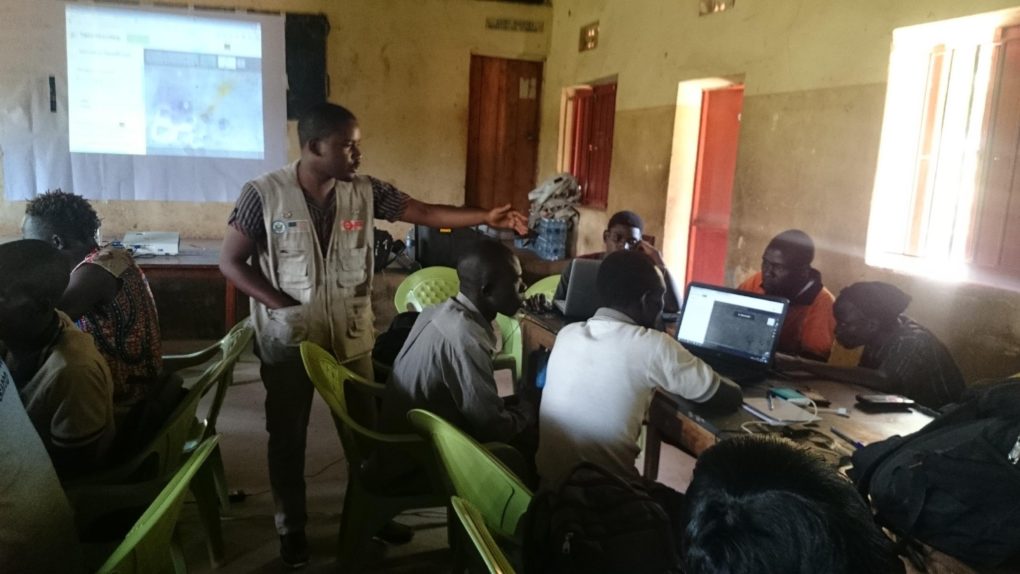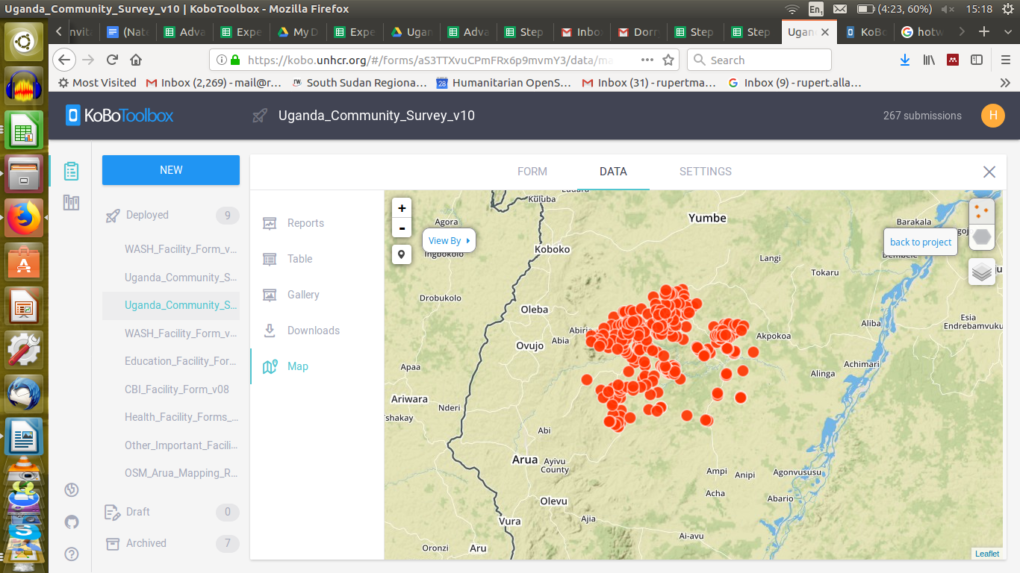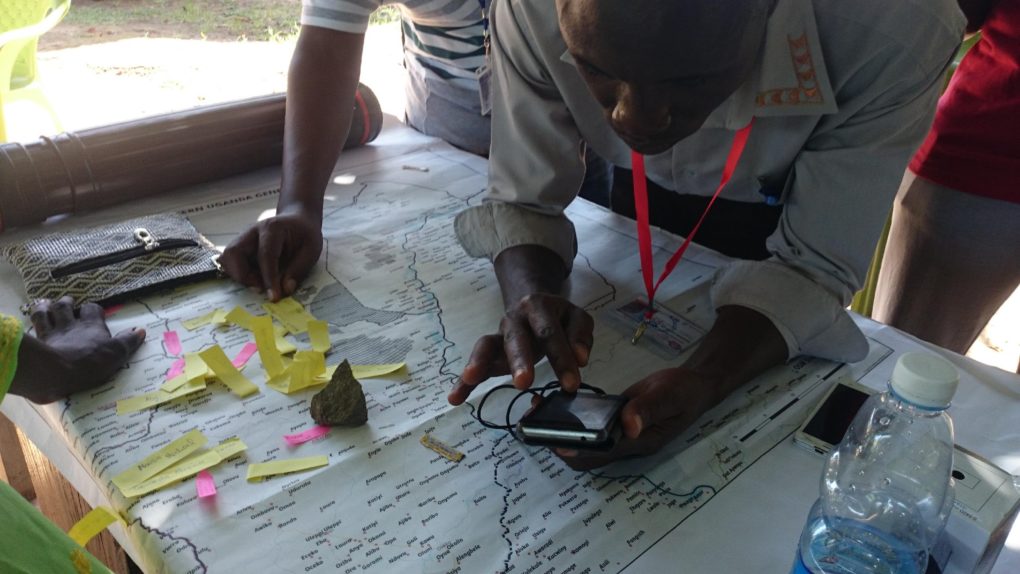Book Launch: Monday, 14th September, 2020, Mapping Crisis: Participation, Datafication and Humanitarianism in the Age of Digital Mapping.
To safeguard human lives quickly and effectively in humanitarian disasters, OpenStreetMapping (OSM) interventions generate life-saving maps whilst placing the governance and authorship of the field data into the hands of the communities where it originated.
Institutional data often do not exist in resource poor settings, and even where they do, hyper-local ‘expertise’ of citizen-generated data has an argued advantage of ‘trustworthiness’ over this more formal top-down information. (Muttaqien, Ostermann, Lemmens: 2018)
Although OSM may hold the dynamic potential to radically connect the physical with the digital, linking ‘situated knowledge’ in communities (the ‘specific’) with humanitarian overviews (the ‘universal’), this does not justify the indiscriminate mapping of ‘every corner of Africa’ simply for its own sake.
Exaggerated trust in new technology, too, can sometimes turn out to be dangerously ‘techno-colonial’, and actually detrimental to the safeguarding of human life. Where useful interventional maps depend on well-chosen words, often simpler and more lo-fi solutions have a more measurable impact.
Digitally-enabled mobile infrastructures can now prove highly resilient, refuting traditional assumptions linking mobility with ‘disadvantage’. Across cultures, demonstrations of chosen itinerance are beginning to query ‘digital realism’, imposing plural ontologies of ‘place’, re-visiting traditions of ‘language-code’ in which technology manifests as ‘taxonomy’. In this, ideas of ‘locale’ emerge more as process than place.
This chapter draws upon experiences of refugee-mapping using ‘local knowledge, local people, and local tech’, and on attempts to convey data in a way that universally translates. It will use field-derived perspectives to debate the multiple narratives which OSM mapping (and OpenDataKit tooling) enables.
To see how this technology adapts to ground-breaking community-mapping of COVID Vulnerability and Food Deserts in deprived areas of the UK, follow THIS LINK.


